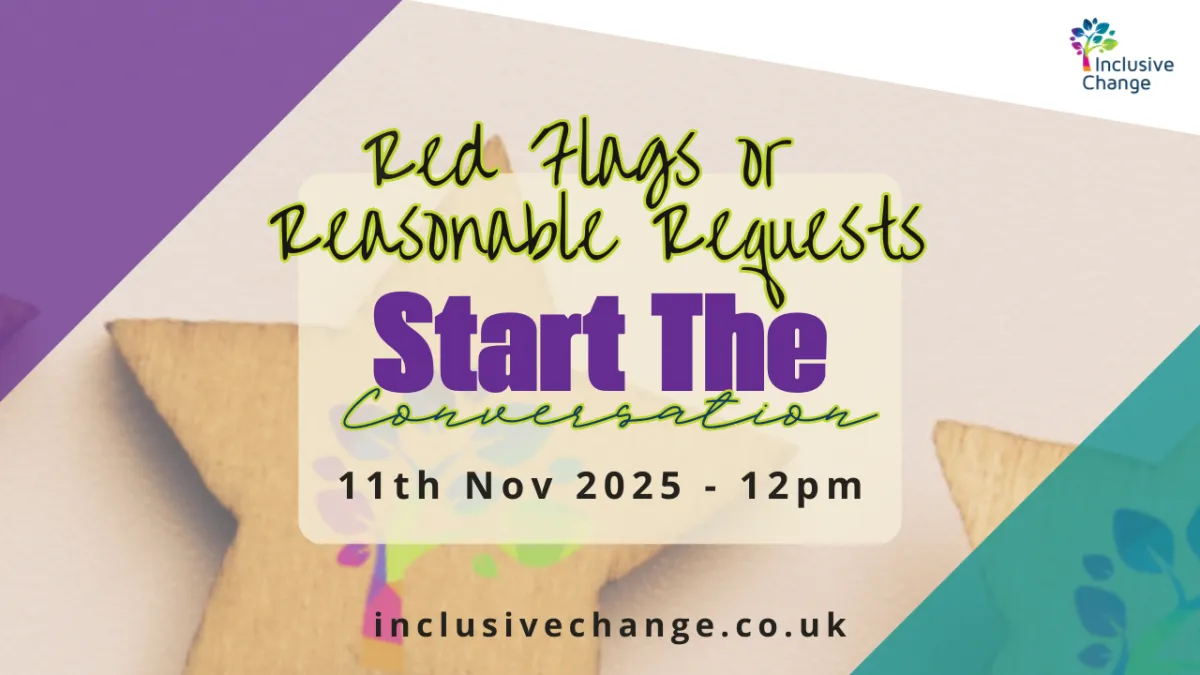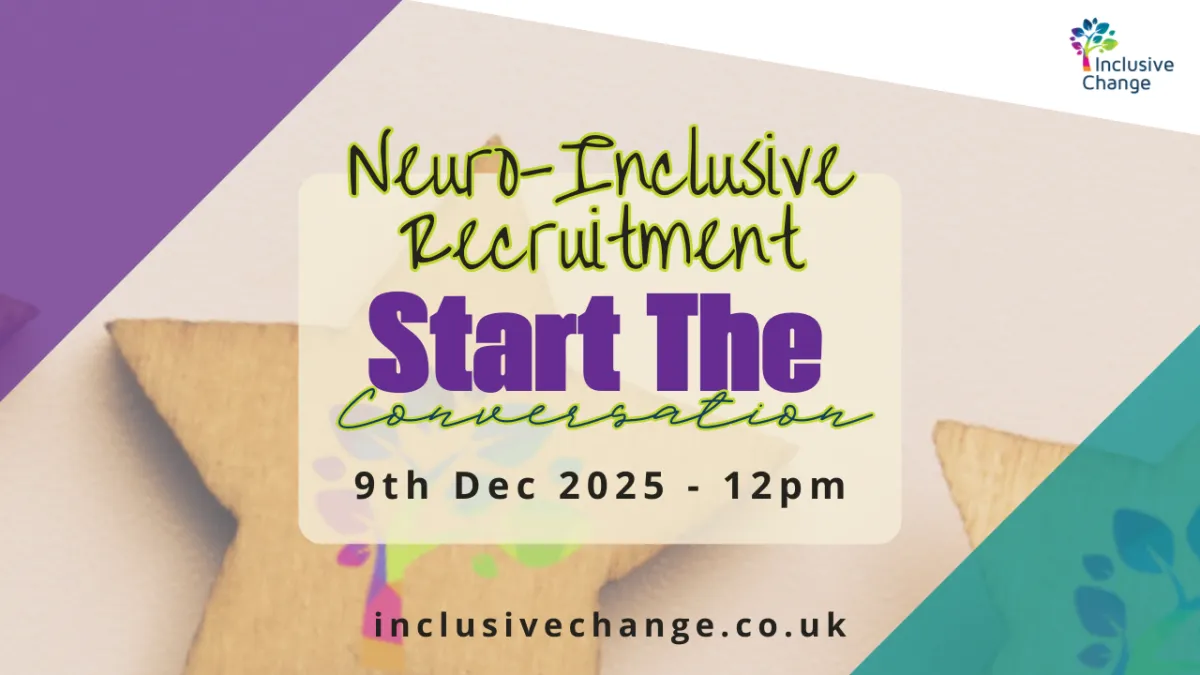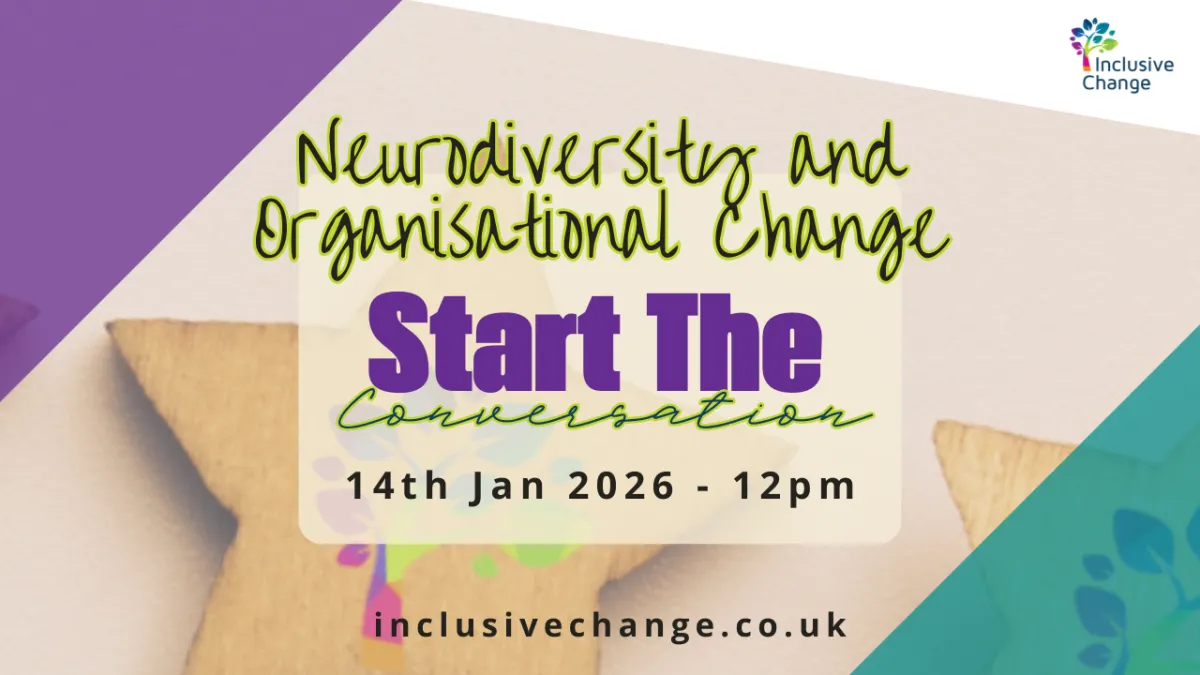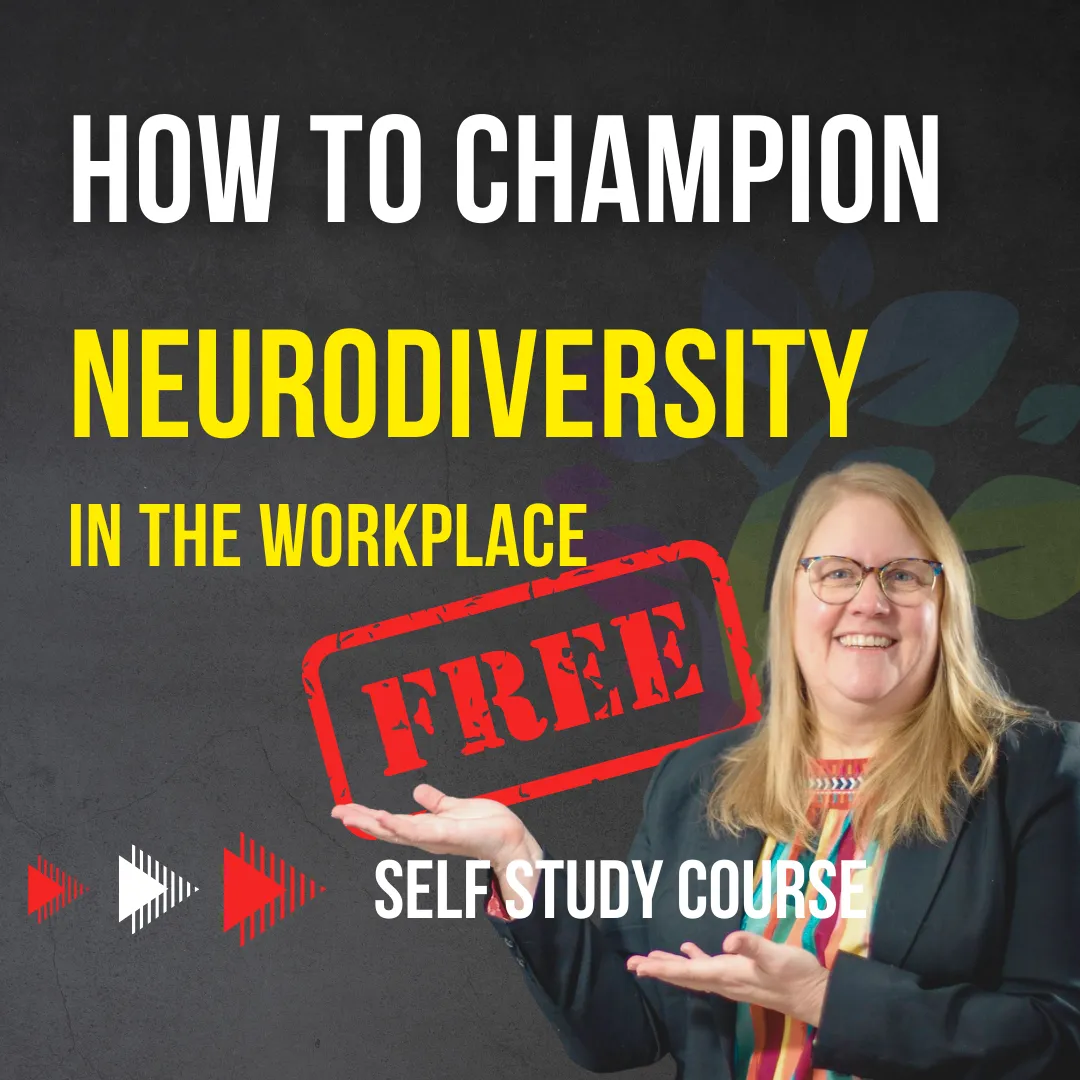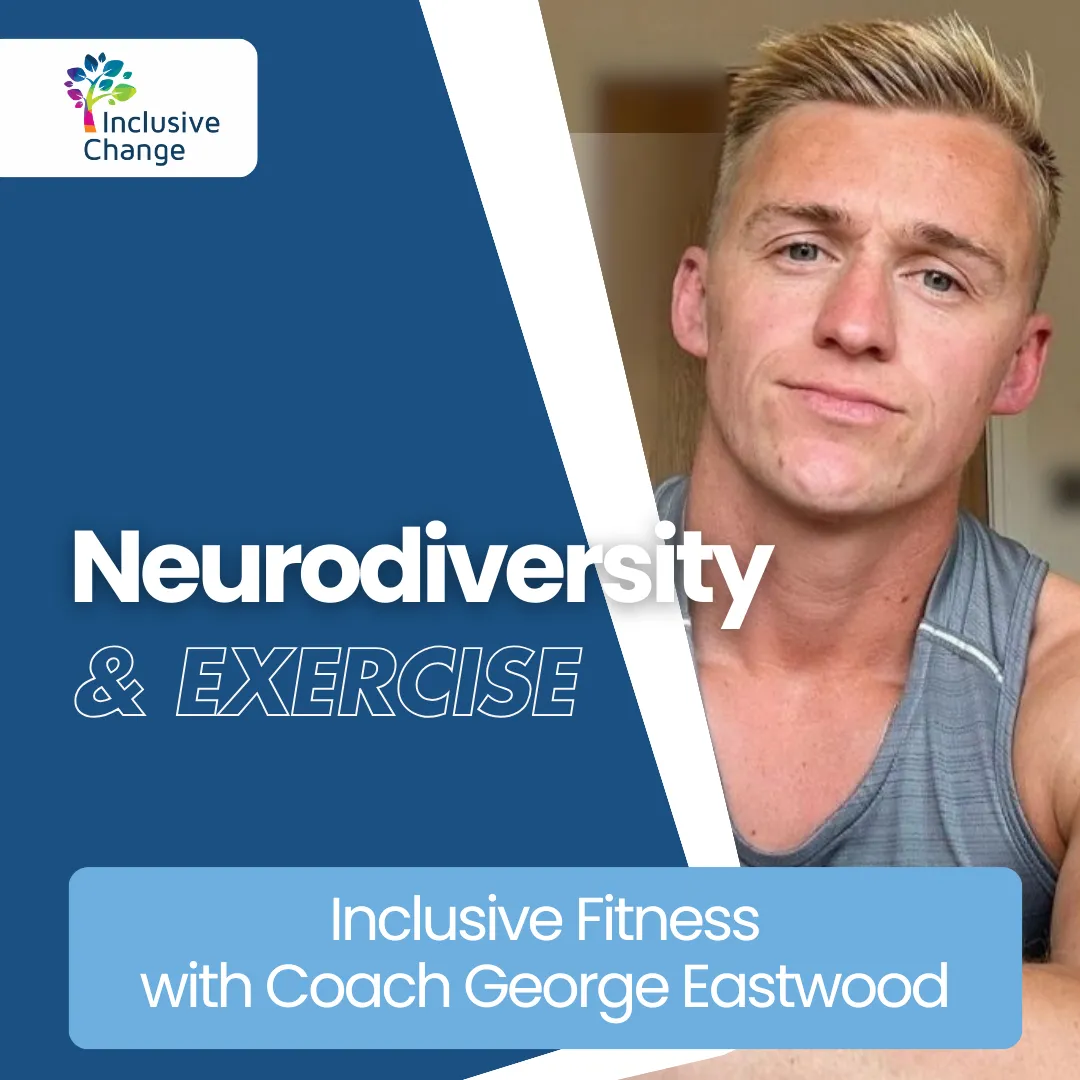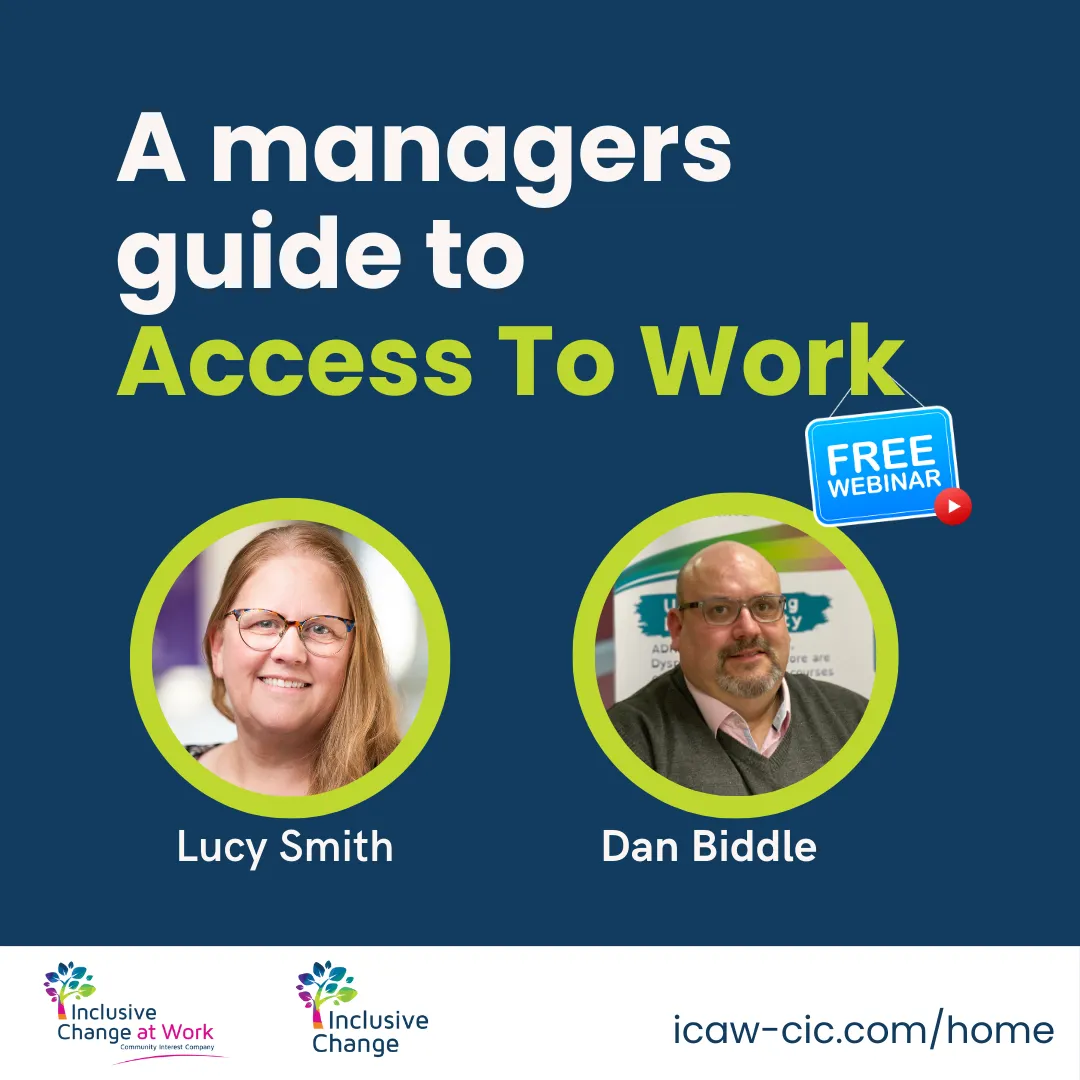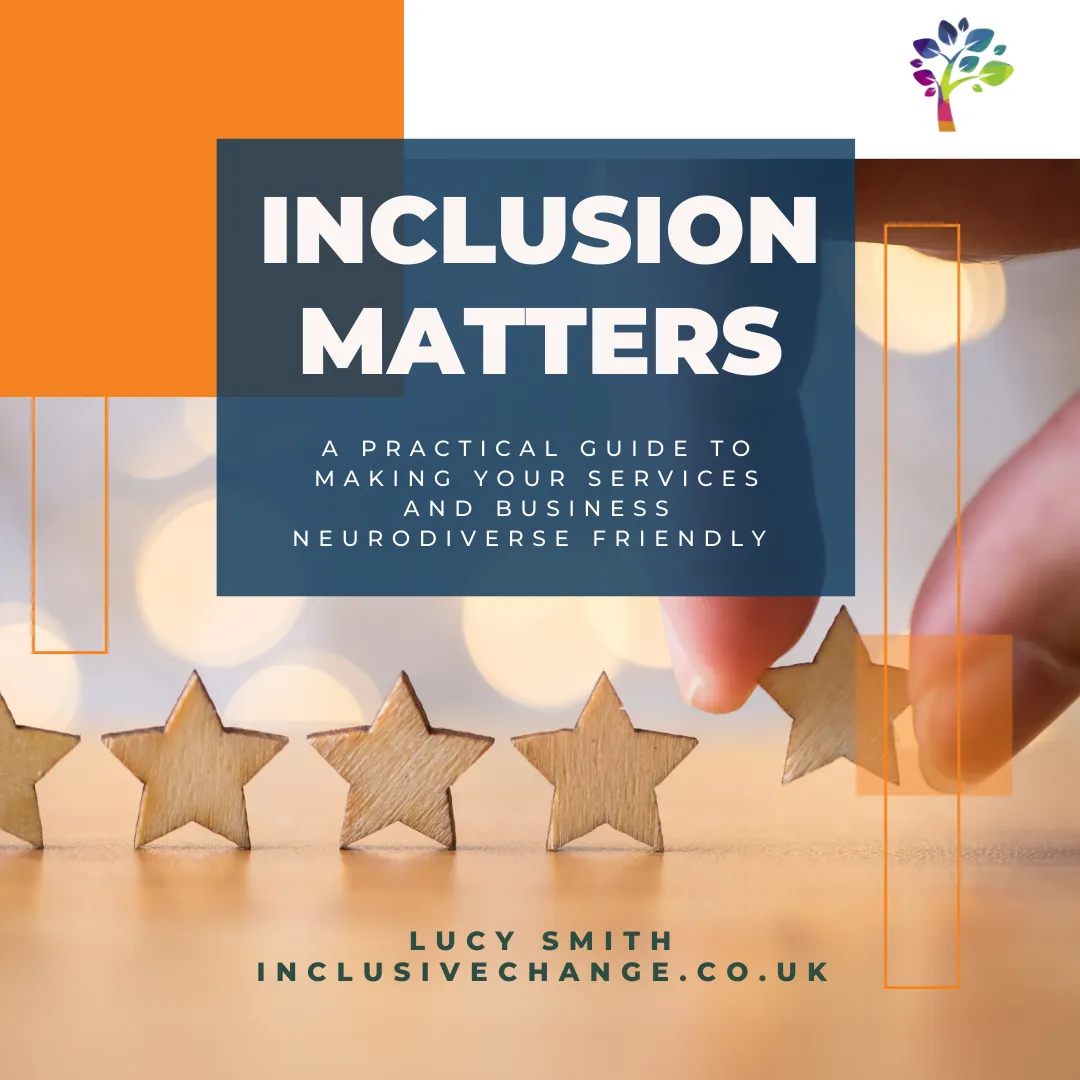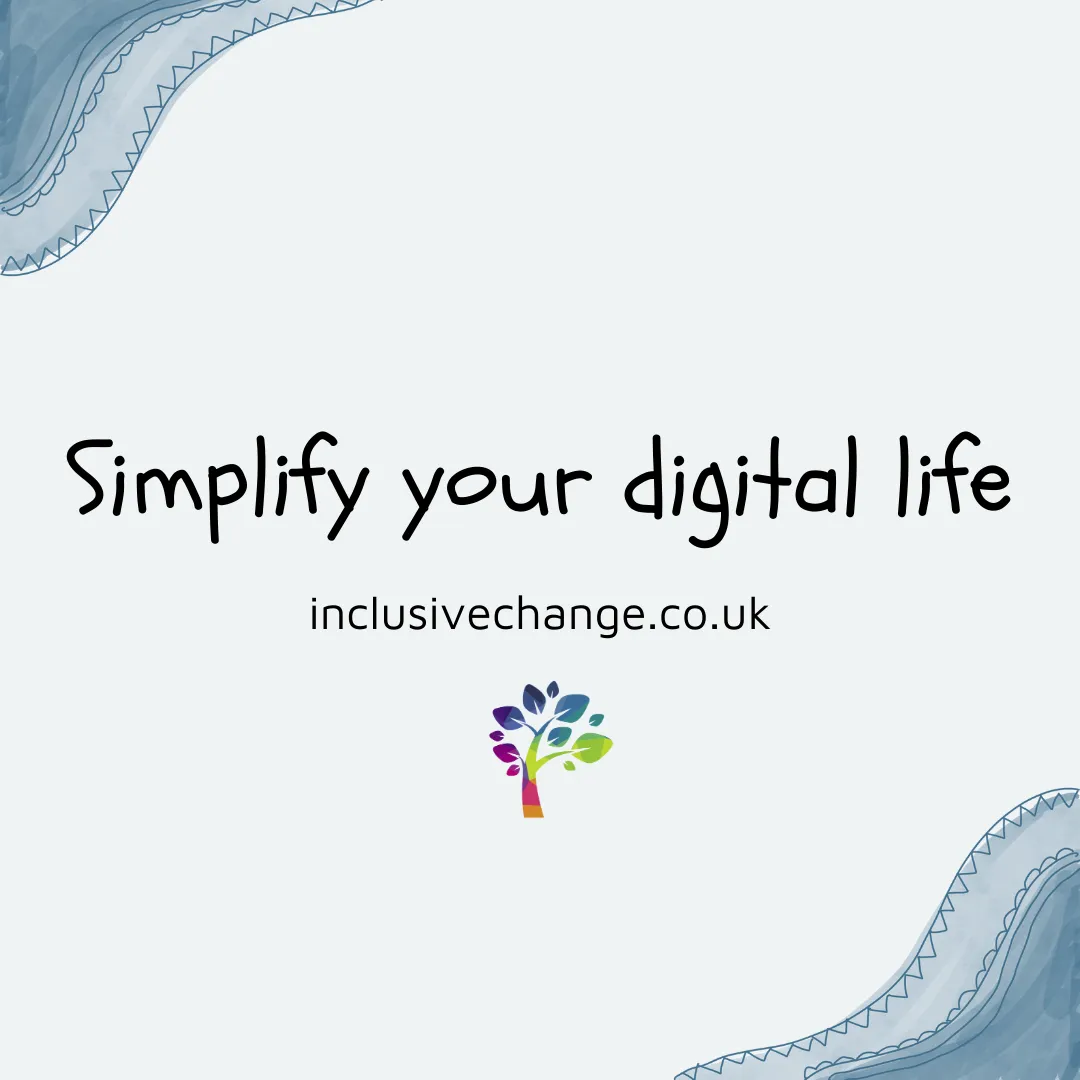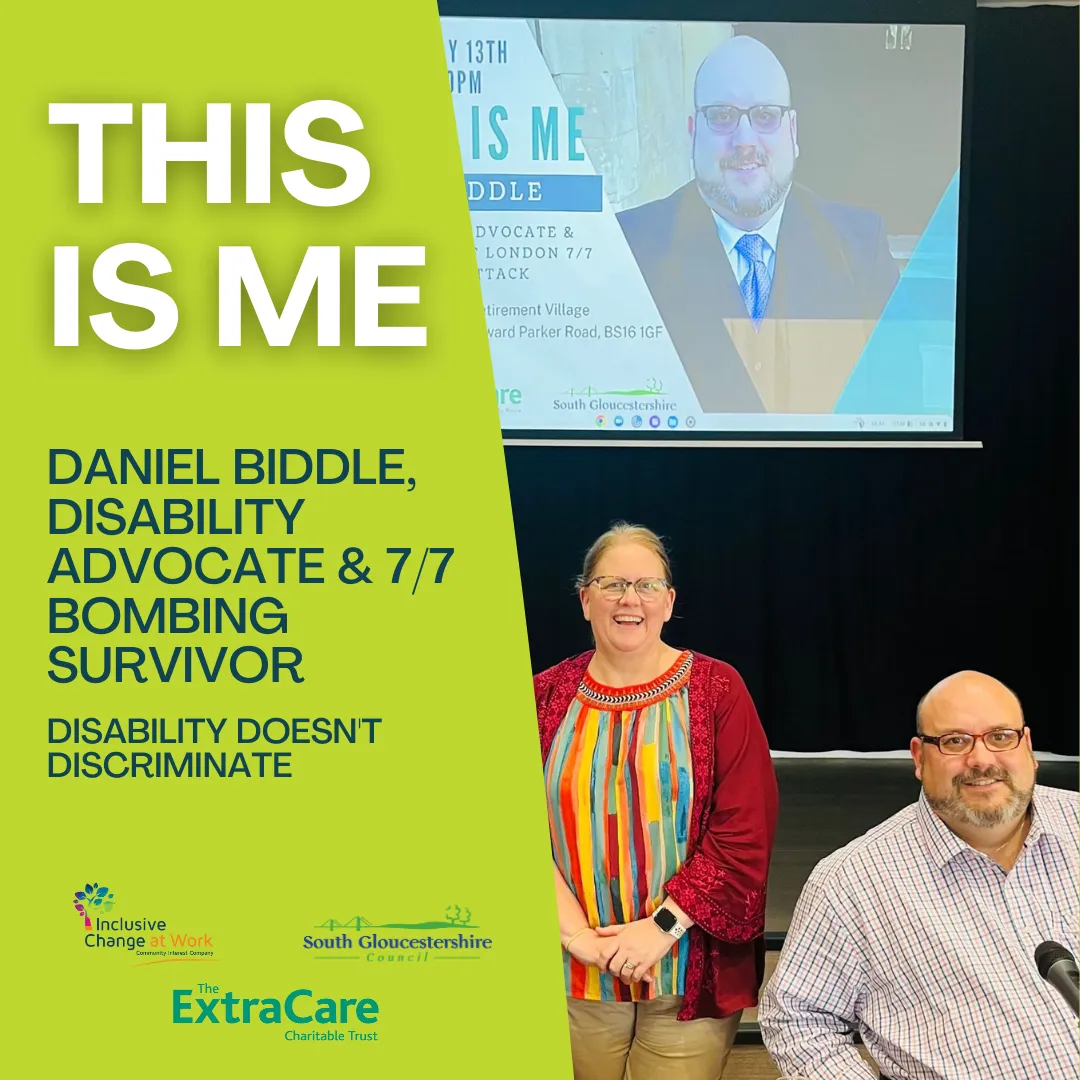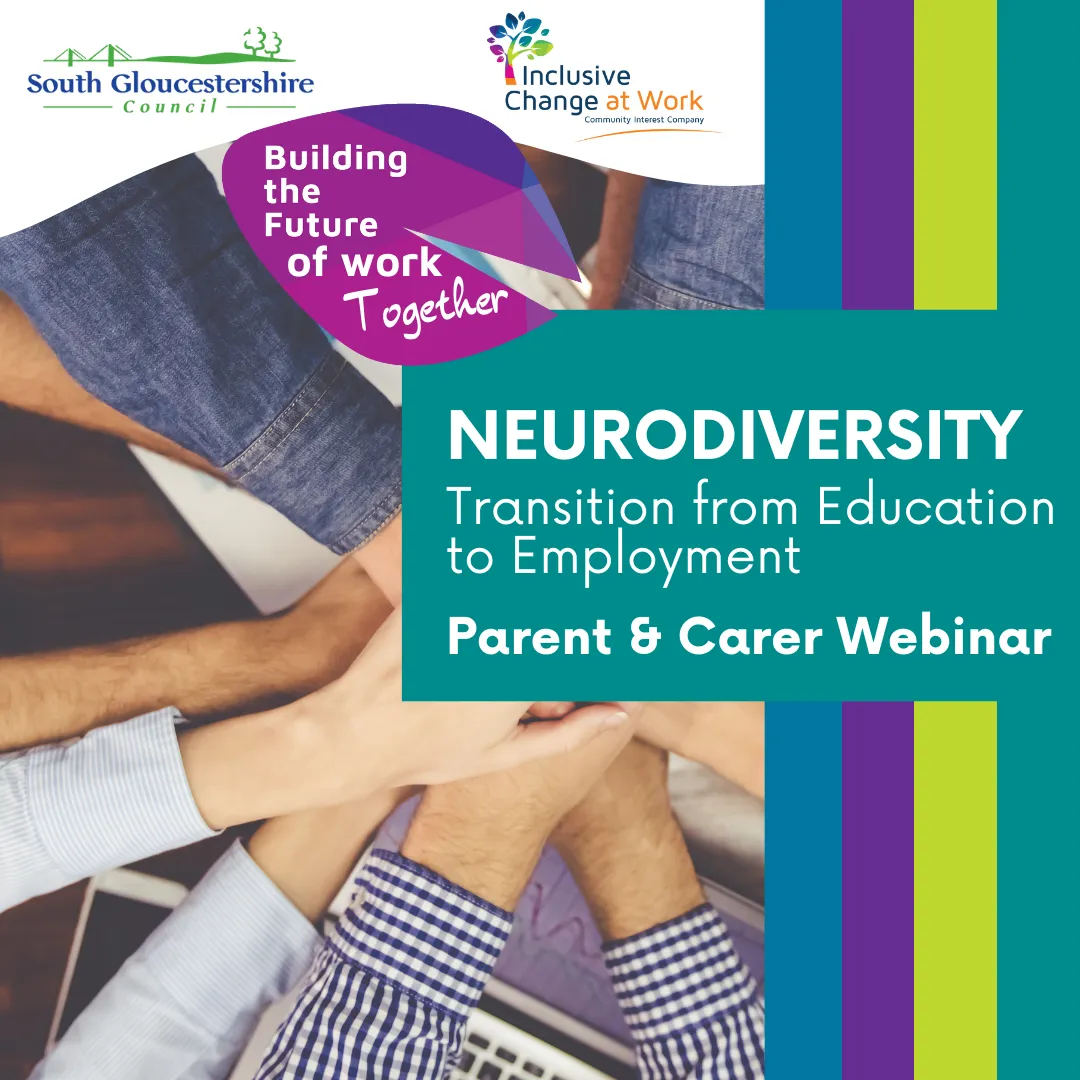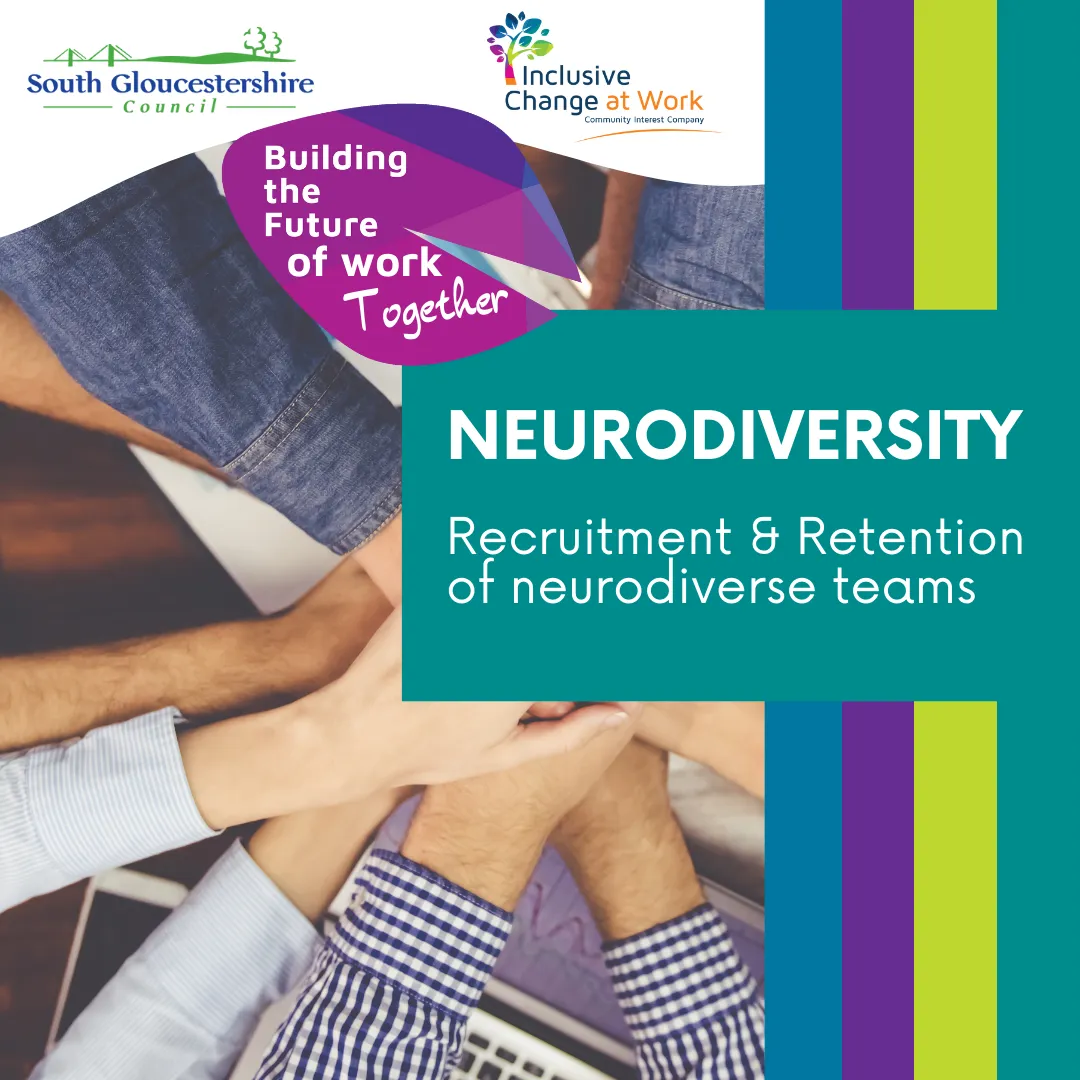Take a look at our
Upcoming Events
With Inclusive Change
We host events in our local community in partnership with Inclusive Change At Work CIC. Take a look at the list below to find out whats on.
Our online events are designed to inform and educate. We have a range of free and on demand events online.

Our team are experienced speakers and can be booked to educate and entertain at your next event - get in touch to find out how we can help.
Important Dates in our Calendar
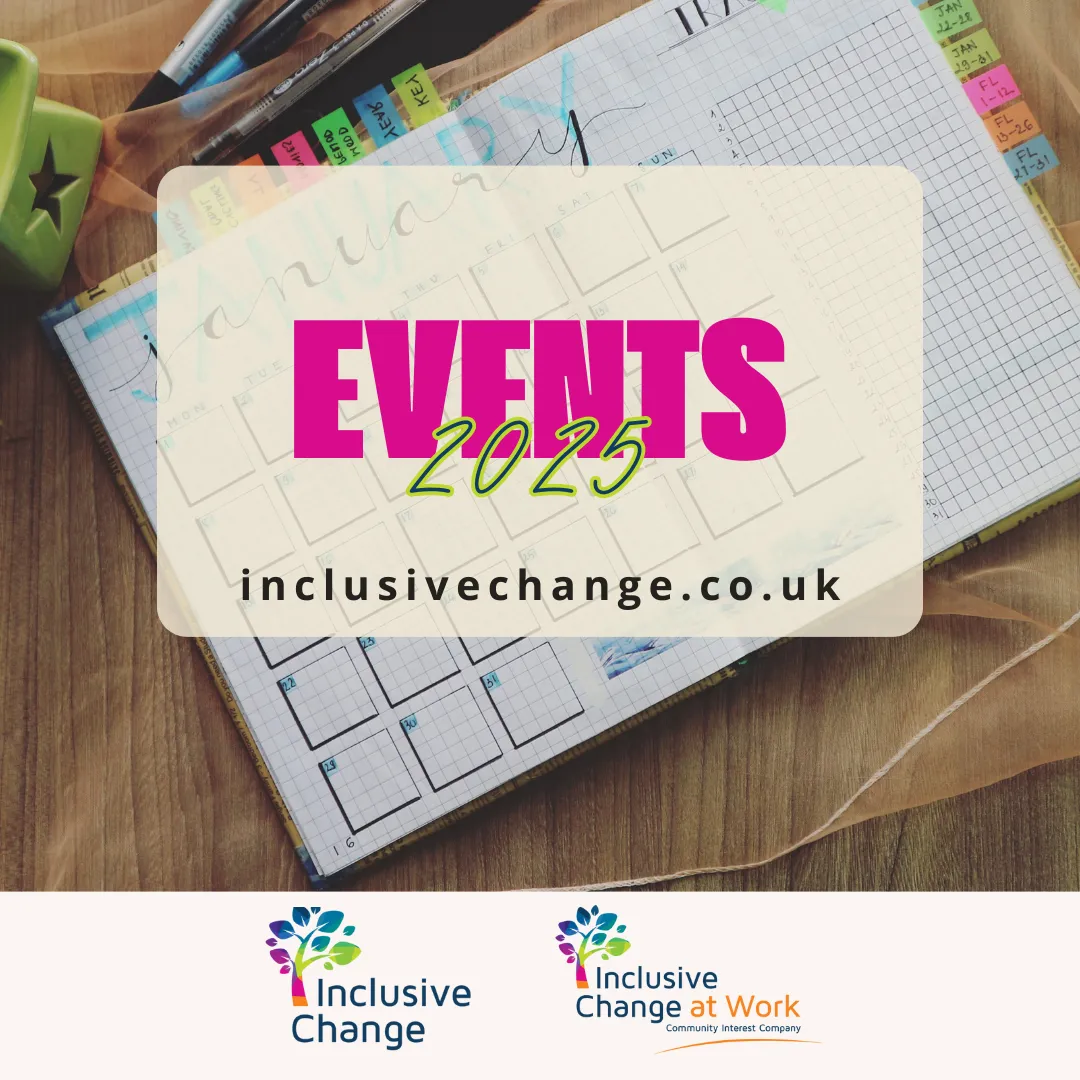

FREE In-Person Tekmatix Workshop
How to Scale Your Business With Tech, Automation & AI
WHEN: 29th October 9am - 3pm
WHERE: St Michael's Centre, North Road, Stoke Gifford, Bristol, BS34 8PD
Join Tekmatix in Bristol for a free, hands-on workshop with Sarah Cordiner. Discover how to use AI, tech and automation to grow your business smarter - not harder, with practical tools and strategies you can apply straight away.
This workshop is suitable for everyone - from established to just-starting-out businesses. Not very 'tech savvy'? That's ok, you will be after attending!
We are big fans of Tekmatix as we use it for just about everything, and so are thrilled this event is happening right on our doorstep!
Reserve your FREE spot following the link below.
Re-Visit our Past Events
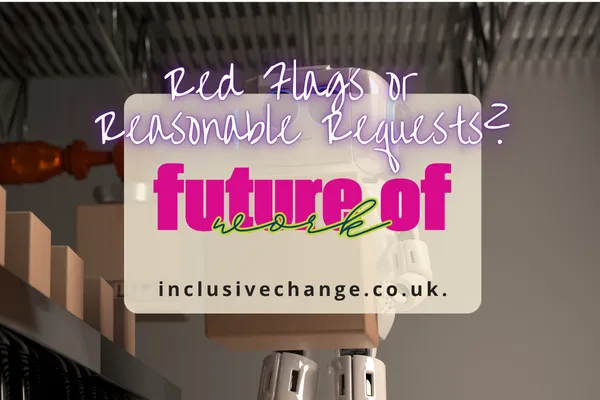
BSides Bristol - 5th & 6th September
Lucy Smith joined day one of BSides Bristol as she explored the future of work – spotting red flags, recognising reasonable requests, and reframing adjustments as smart strategies for building high-performing, future-ready cyber teams.
Click on the button below to access Lucy's top ten tips for inclusive recruitment.
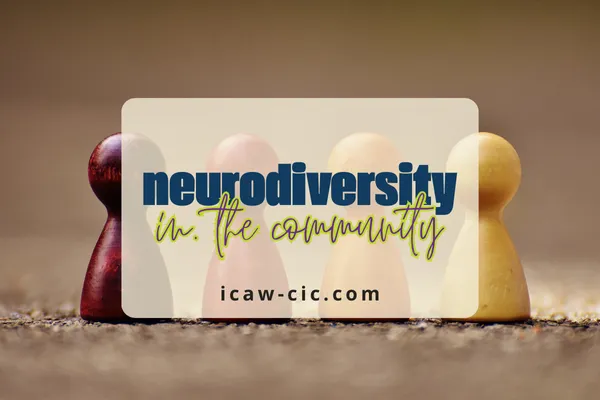
Inclusive Change at Work - In the Community
From January to March 2025, our sister community interest company, Inclusive Change at Work CIC, hosted transformative workshops to promote understanding and inclusion for neurodivergent individuals and their families.
We gathered at Emersons Green Village Hall for expert-led sessions that offered practical strategies and a welcoming space for learning and growth.
Visit our recap page for more information about the sessions plus useful links and articles.

Building the Future of Work, Together
Throughout 2024 and early 2025, we hosted a series of live webinars and in-person workshops focused on supporting neurodiverse and disabled young people in the workplace. These sessions helped businesses understand the value of neurodivergent talent, while also offering guidance to parents and carers on career opportunities and support for their young adults.
You can catch up on everything via our recap pages - watch the recordings, explore helpful articles, and grab some free resources too.
Our Event Blog - Where we've been, what we've learned
Sharing our experiences, insights, and standout moments from industry events

Understanding RSD
What is Rejection Sensitivity Dysphoria (RSD)?
Rejection Sensitivity Dysphoria (RSD) is an intense emotional response to perceived or actual criticism, rejection, or failure, often experienced by individuals with ADHD, autism, and other neurodivergent profiles. Unlike typical reactions to criticism, RSD can feel overwhelming, sparking feelings of shame, sadness, or frustration. For some, the fear of negative feedback or rejection can be so intense that it leads to avoidance of social interactions, criticism, or any situation where judgement might arise.
How Does RSD Affect Individuals?
People with RSD often feel emotional pain more acutely and may experience prolonged negative effects from even minor criticism or rejection. This sensitivity can influence self-esteem, personal relationships, and job performance. For instance, someone with RSD may react to a routine feedback session at work with intense self-doubt, anger, or distress, impacting their confidence and productivity. These feelings may also lead to coping mechanisms like perfectionism, people-pleasing, or withdrawal to avoid any potential criticism. RSD is not something that individuals can control through willpower alone, as it stems from deeply ingrained neurological and emotional processes.
Strategies to Regulate RSD
While RSD can be challenging, there are ways to manage it effectively:
1. Building Awareness
Understanding that RSD is a neurological response rather than a character flaw can help individuals and those around them approach it with empathy. Awareness reduces self-blame and enables those affected to seek strategies and support without feeling they are overreacting.
2. Practising Self-Compassion
Self-compassion exercises, such as mindfulness or journaling, can help individuals with RSD develop a kinder, more forgiving inner dialogue. Recognising that mistakes and rejection are part of human experience may help alleviate the intensity of emotional reactions.
3. Cognitive-Behavioral Techniques
Cognitive-behavioral approaches, including reframing thoughts and challenging negative beliefs, can help individuals see feedback as constructive rather than personal. Therapists or coaches specializing in neurodiversity can provide tools to reshape responses to perceived criticism.
4. Structured Feedback and Communication
For those working with or managing individuals with RSD, using structured feedback models like Inclusive Change’s C.H.A.N.G.E framework can be instrumental. Managers can approach feedback compassionately, focusing on growth, setting clear expectations, and maintaining open dialogue to help minimize anxiety related to criticism.
5. Seeking Professional Support
Therapists trained in ADHD, autism, and RSD-specific challenges can help individuals develop resilience and coping mechanisms. Accessing supportive communities and professional networks may also reduce feelings of isolation and provide practical strategies for handling RSD in day-to-day life.
A Compassionate Approach to RSD
RSD may present unique challenges, but with understanding and the right support, individuals can learn to navigate their emotional responses more effectively. Compassionate approaches, both from oneself and from others, can create a foundation for growth, resilience, and a stronger sense of self-worth.
For additional resources and tailored guidance on supporting neurodivergent individuals in the workplace, consider reaching out to Inclusive Change. We offer workshops, toolkits, consultancy and professional support to help individuals and organisations build a supportive and inclusive environment for everyone.
Links for support:
1. Mind – Mental Health Support for ADHD and Autism
Mind offers a variety of mental health resources that include support for individuals dealing with emotional dysregulation, a core aspect of RSD. They provide guidance on understanding and managing intense emotions:
Mind - Mental Health Resources
2. ADHD Foundation UK
This charity provides resources and information on ADHD, including workshops and support materials that can be useful for understanding RSD and managing emotional sensitivity:
3. National Autistic Society (NAS)
NAS offers resources for those on the autism spectrum, including guidance on managing rejection sensitivity and emotional challenges. They have information for individuals, families, and employers to help foster a supportive environment:
National Autistic Society - Emotional Support
4. Anna Freud National Centre for Children and Families
The Anna Freud Centre provides support for young people and adults dealing with mental health challenges, including anxiety and self-esteem issues linked to RSD. They also offer a range of self-help resources and information for parents and caregivers:
5. YoungMinds – Mental Health Support for Young People
YoungMinds has resources for young people, including those dealing with intense emotions and low self-esteem often associated with RSD. They provide resources for understanding and managing emotional responses:
6. Inclusive Change – Neurodiversity Workshops and Toolkits
Inclusive Change offers specialised workshops, toolkits, and consultation services to support neurodivergent individuals and their employers in managing RSD and fostering an inclusive work environment:
For enquiries for professional support services, get in touch at [email protected]
Free Resources - Short Courses & Webinars
Want easy access to all of our free resources? Click on the link below to register and you will get access to all of our free stuff in one place.
We are always adding and updating the list and will notify you when we drop new content.
Inclusive Change Ltd
The Brightwell, Bradbury House
Wheatfield Drive
Bradley Stoke, Bristol
BS329DB
Copyright 2025 - Inclusive Change Ltd
Companies House: 12412464
VAT NO: 352 1564 17
ICO Reg: ZB081779
UK Register of Learning Providers: 10090652
Reg no: 12412464

